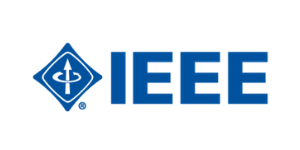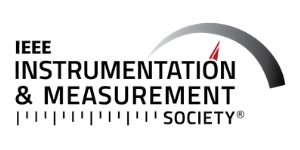Dr. Aaron Franklin received his Ph.D. in Electrical Engineering from Purdue University in 2008 and then spent six years on the research staff at the IBM T. J. Watson Research Center in Yorktown Heights, NY. In 2014, he joined the faculty at Duke University where his group has three primary research thrusts: 1) nanomaterials in high-performance nanoelectronic devices, 2) nanomaterial inks for low-cost printed electronics, and 3) harnessing nanomaterial sensitivity in biomedical sensing systems. He is most widely known for his work on low-dimensional nanoelectronics with specific emphasis on carbon nanotube (CNT) transistors, including device scaling, transport studies, and advanced integration approaches. Sponsored research in the Franklin lab includes projects involving high-performance transistors, printed electronics, thin-film transistors, and biomedical assays. In addition to leading a successful scientific research group, Dr. Franklin has been actively involved in the translation of inventions out of the lab, holding more than 50 issued patents and being engaged in two start-up companies.
Archives: Presenters
Sungjune Jung
Gael Depres
Dr. Gael Depres received his MS Degree in Pulp and Paper in 1996 from PAGORA and his Ph.D. in Chemical Engineering from INPG in France. He entered the group Arjowiggins in 1999 as a research Engineer and worked mainly on new products developments in the area of specialty papers, Fine Papers and Innovation. He is now Central R&D manager for Arjowiggins, working especially on printing electronics and connected papers.
Gael Depres wrote several articles and participate in many conferences in the area of intelligent paper and holds more than 18 patents in the field of specialty papers, especially on printing electronics on paper.
Robert Reuss
Dr. Robert Reuss has consulted for technical organizations since 2006. As a DARPA Program Manager in the Microsystems Technology Office from 2001 to 2006, he was responsible for several research thrusts into fabrication of flexible, large area electronics including high mobility TFTs for digital and RF applications and organic photovoltaics, as well as conventional microelectronics efforts that included exploiting mainstream semiconductor processes for high performance analog, mixed signal RF and MMW applications, reconfigurable, multi-core processor design, asynchronous logic design methodology, and sub-threshold, ultra-low power operation. Since September 2006, he has been an independent consultant. Prior to joining DARPA, Dr. Reuss spent twenty years in various technology and research management positions with Motorola. Earlier, he worked for the U.S. government as a research and development manager for seven years and was a Research Faculty member at the University of Colorado for three years. Dr. Reuss received a Ph.D. in Chemistry from Drexel University in 1971. He has published over 50 papers and has been awarded 13 U.S. patents. His technology interests lie in the area of application of materials and electrochemistry technologies for advanced microelectronic applications and microsystems integration as well as large area electronics.
Most recently he was the recipient of the 2018 FLEXI Awards Innovation and Leadership in Flexible Hybrid Electronics Technology Champion –for his extraordinary dedication to growing the flexible electronics industry, early recognition of the impact of large area electronics and strong contributions to helping build the FLEX Conference.
Thomas D. Anthopoulos is a Professor of Material Science & Engineering at King Abdullah University of Science and Technology (KAUST) in Saudi Arabia. He joined KAUST in 2017 from Imperial College London (UK) where he held various faculty positions since 2006. His research interests are in the fundamental studies and chemistry of functional materials and their applications in emerging areas of science and technology. In particular, he studies the chemical, optical, electronic and structural properties of new materials grown via innovative paradigms with atomic precision. This involves materials synthesis, characterization via advanced analytical techniques and development of nanostructured devices for energy generation, energy harvesting, biosensors and information & communication technologies of the future.



